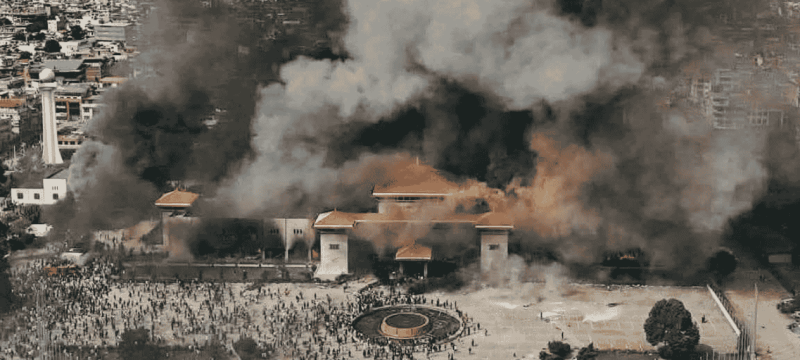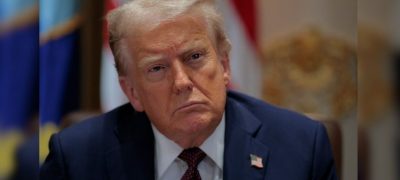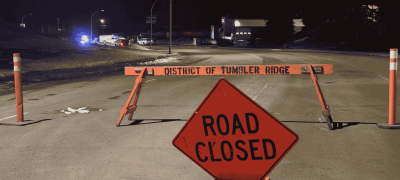Unrest in Nepal escalated sharply after demonstrators attacked the national parliament. According to officials, Nepal protesters set fire to parliament building: spokesman confirmed late Monday. The incident marks one of the most serious acts of violence since the protests began.
Authorities said hundreds of protesters gathered outside the parliament compound in Kathmandu before the violence broke out. Some demonstrators breached security barriers, leading to clashes with police. Soon after, parts of the building were set on fire.
The government spokesman stated that emergency crews quickly responded to contain the blaze. “Nepal protesters set fire to parliament building,” the spokesman repeated, stressing that damage was limited but symbolic. Officials have launched an investigation to identify those responsible.
Protests have been ongoing for weeks, largely driven by young people angry over government policies. The unrest began after restrictions on social media were announced. Demonstrators have since expanded their demands, calling for jobs, reforms, and an end to corruption.
Security forces used tear gas and water cannons to disperse the crowds. Dozens of protesters were arrested, while several police officers were injured in the clashes. Human rights groups urged restraint, warning that violence could worsen the political crisis.
Analysts say the attack reflects growing frustration among Nepal’s younger generation. Many see the parliament fire as a desperate attempt to be heard. The event also raises concerns about stability in the country, which has struggled with political divisions for years.
International observers condemned the violence but called for dialogue. They urged the government to address protesters’ concerns while ensuring law and order.
As tensions rise, the spotlight remains on Nepal. With Nepal protesters set fire to parliament building: spokesman confirming the attack, the world is watching how leaders respond to this escalating crisis.
Read More : At least 10 killed in Nepal protest over social media ban







